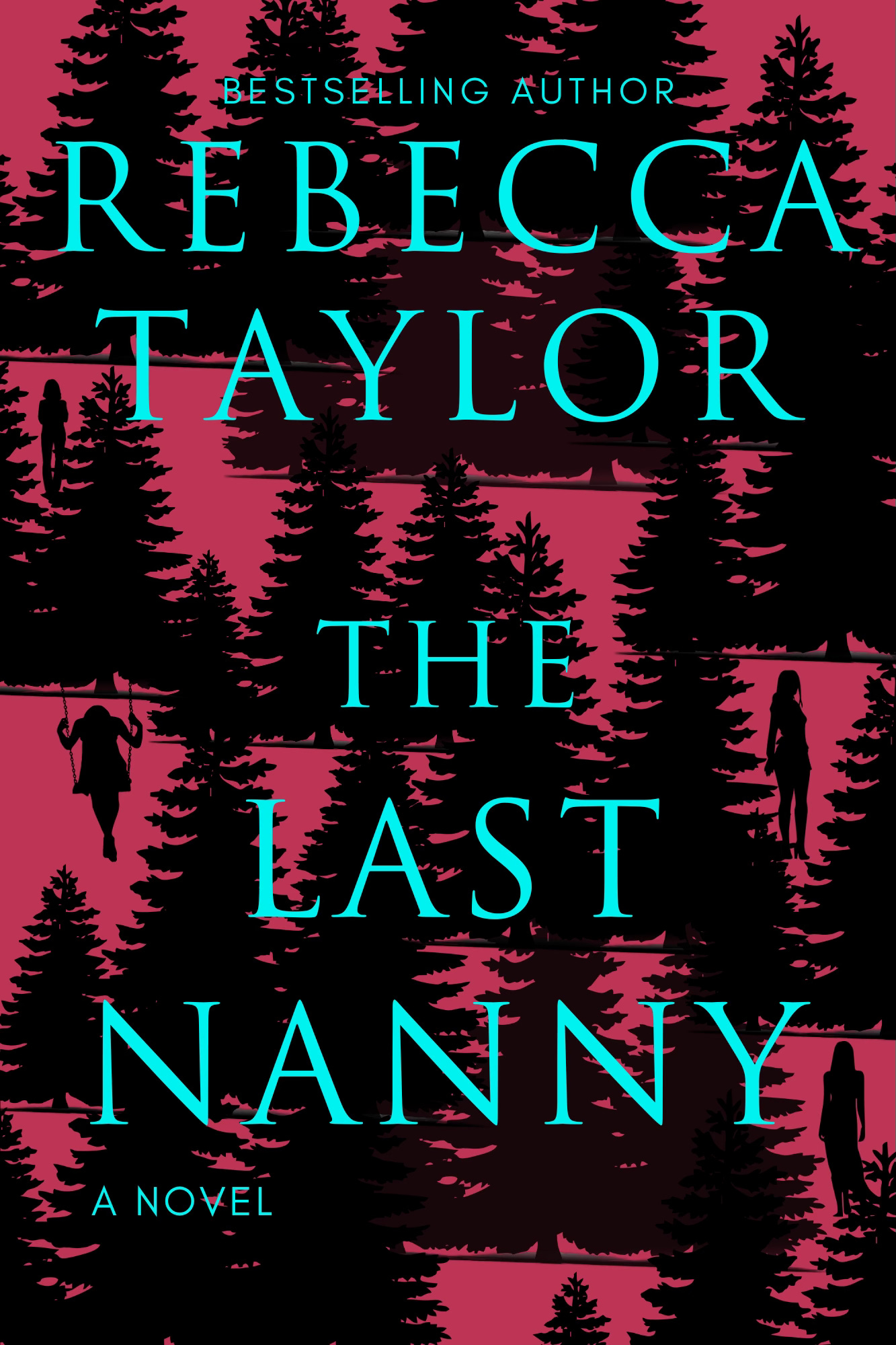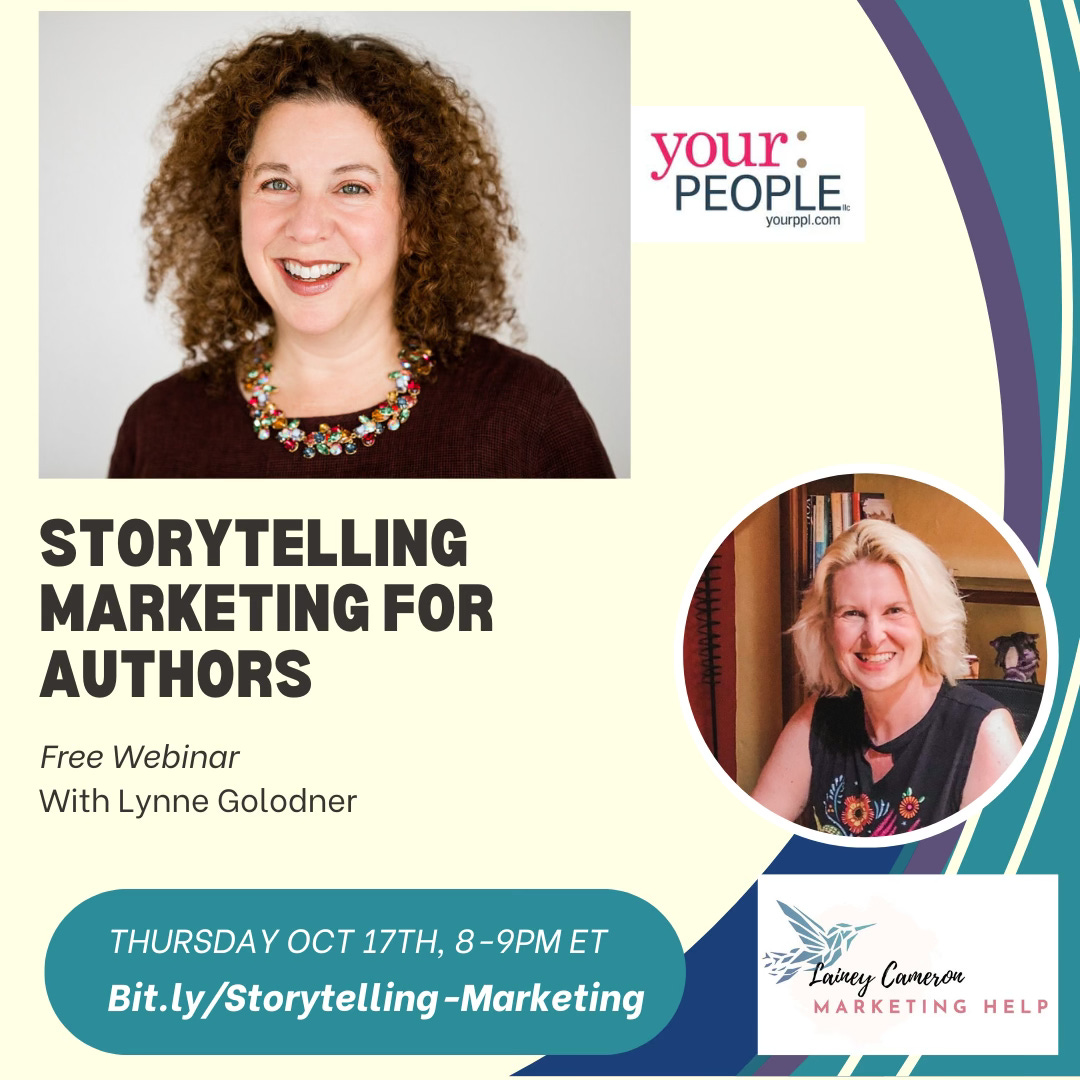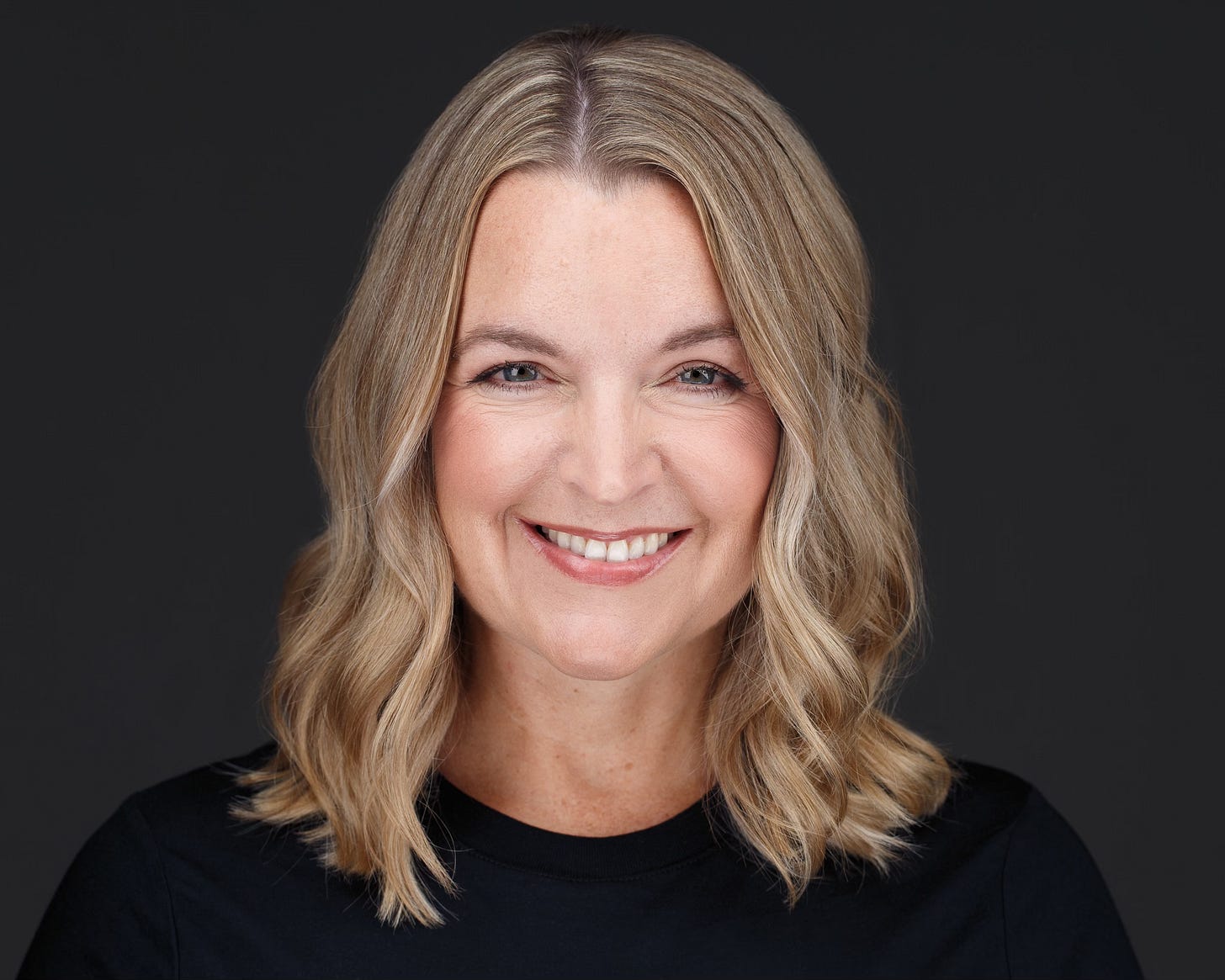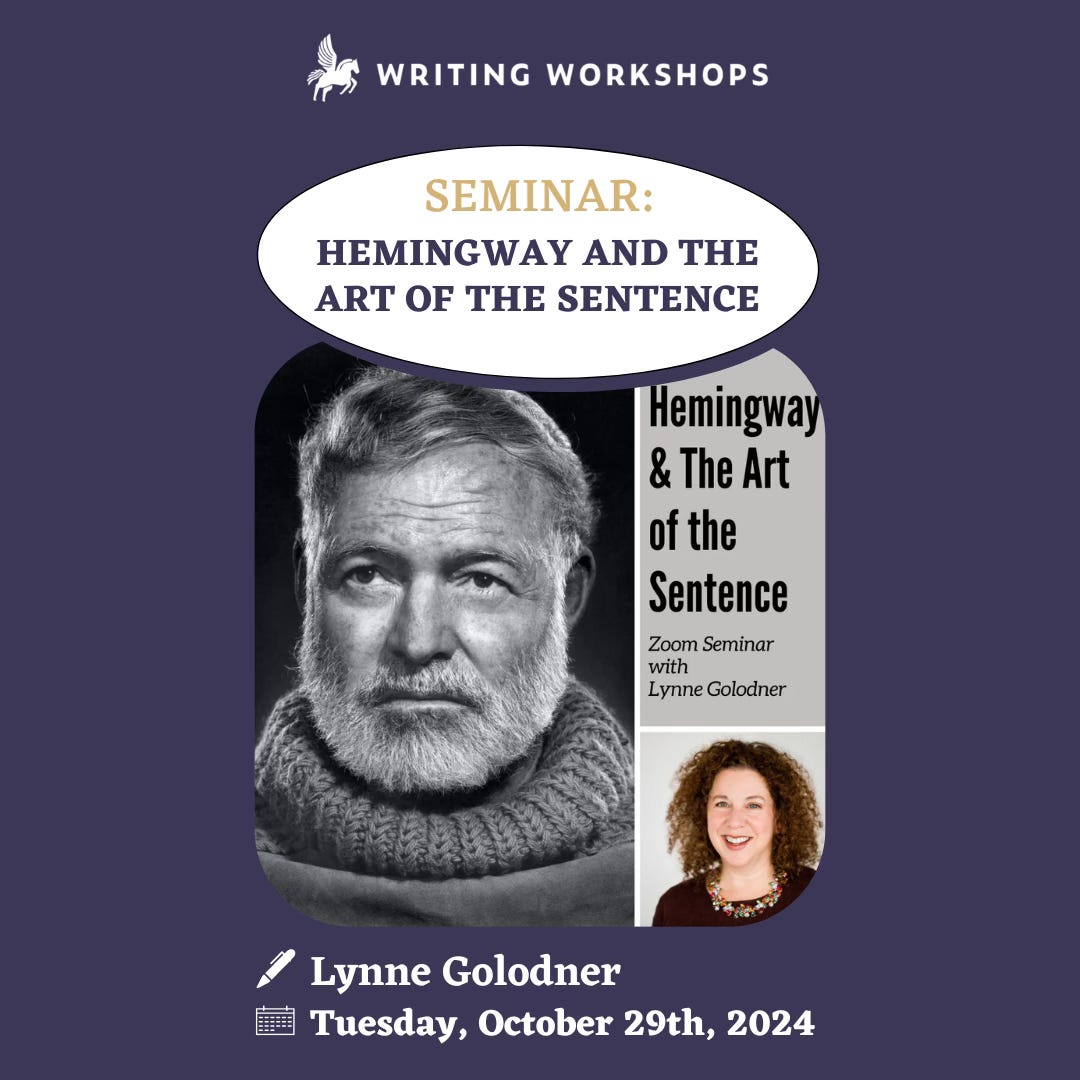In my weekly newsletter about writing and publishing, I occasionally feature an author whose work impresses me. This week, I’d like to introduce you to Rebecca Taylor, the bestselling author of 8 books of women’s psychological fiction, a licensed psychologist and a flight attendant.
Rebecca’s book, Her Perfect Life, was the winner of the Women’s Fiction Writer’s STAR award. Her previous titles have won the Colorado Book Award and been nominated for the RWA RITA award. She lives in Colorado but currently spends most of her time on airplanes, writing and traveling all over the world.
Funny story: I started following Rebecca on social media before I met her. Then, at the Women’s Fiction Writers Association conference in Chicago last year, I stood in the back of the keynote address and this woman in plaid walked in and I thought, “I know her.” I whispered, “You’re Rebecca Taylor!” And she blushed and was like, “Um, yeah?” And we became friends. I so admire her and am honored to feature her here.
Rebecca: The first memory I have of my writing ability eliciting some sort of a reaction from someone else was in sixth grade. It was a creative writing assignment, and I chose to write about a boy who was sent into the woods alone by his family for a ritual rite of passage. I remember my teacher at the time kind of making a big deal about the story in class, and then to my mother during parent teacher conferences.
My childhood was both chaotic and somewhat scary—so it’s not like this experience completely changed my life. However, it is certainly one of those early memory blocks for the foundation that eventually led me to my writing life. Looking back now, I can see that it was significant and important. But at the time, I was just happy to have received the A.
Rebecca is lucky that she’s always had support for her writing in her life! As an adult, she says, “It’s an important part of my identity,” and the people around her get that while also believing that she’s good at and a capable author.
“I will say that on several occasions, I’ve told myself to just give up, walk away, leave this writer’s life alone and find some easier pursuit to make myself happy with. And I have tried to officially quit many times—but I always came crawling back.”
“I am now simply resigned to the fact that I will never leave this toxic rollercoaster and will forever just try to make it all work to the best of my ability. There is no end to the simply amazing and equally horrifying ups and downs—it’s just my reality and where I live.

Rebecca loves writing domestic thrillers “because I truly love to write complicated characters that make choices that range from questionable to terrible. I’m not much interested in “good” characters. Give me complicated and real and even a little ugly. Give me their real thoughts and desires and then the social mask they hide behind--delicious.”
She just finished her tenth book, The Last Nanny, which was inspired by watching Netflix documentaries about serial killers. She had a fairly easy time writing this one, Rebecca says.
“These last ten months have again been about learning a life lesson that I think I’ve finally absorbed. After several years of uncertainty and personal struggle, I now have a clarity about my work life, including my writing career, that I’ve never had before. I know what my priorities are, and I’ve set boundaries I will no longer cross, or self-sabotage, in order to keep those priorities at the forefront of my daily actions.”
I asked Rebecca what she thinks is the hardest thing about being a career-author. You should know that she has been published traditionally and then chose to self-publish, which I admire and applaud. She knows her talent and her worth, and she wanted total control over her publishing path. Bravo, Rebecca!
Rebecca: “My answer to this question now is so different from what it would have been at the five, ten, and fifteen year marks. At this point, I would say I sometimes struggle with certain aspects of working on a team and/or collaboration. I have never enjoyed group work or projects and often find it easier to just do it all myself. I’m working on this. When I want things done, I want them done now and I know I can ensure I will never be annoyed by another person’s work schedule when that person is me and I set my schedule.”
“However…I also know this isn’t always the way to go, I can’t always do everything, and working with other people is just a part of life as we know it. So, I’m very careful about who I hire and get into partnerships with and I always make sure we are very clear about our planned timelines.”
Ten years ago, Rebecca says her biggest challenge was “managing my own expectations about my career trajectory. Comparing my career to the careers of other authors. And balancing motherhood, my school psychology career, and my writing career.”
Rebecca’s writing process:
“Once I decide on an initial idea, I write down everything I know about the characters and their story. This is just a free flow, brainstorm that can go on for pages and pages. Usually, I know what the primary conflict will be from those notes and then I try to set a little bit of structure in place by creating a road map of sorts.”
“But I keep it all very loose and know that it’s likely going to change a lot while writing. I just need a few signposts, really: opening scene, inciting incident, 50% mark, climax, and ending are pretty much it.”
“The original sin of any book,” says Rebecca, “is to be boring—and the cure for boring is conflict, so I want every chapter I write to have some form of conflict.”
She also aims for every chapter to reveal something about the characters or move the plot forward. “No useless words,” she insists.
When the first draft is done, she revises in a fairly logical way:
initial read through with notes
developmental edits and changes
line level edits
copy edits
proofread
Says Rebecca, “I’m fairly intuitive about what works and what does not. I listen to my gut. I also believe in editing my own work like it belongs to someone else—I’m not emotional about it at all. I just need to make that book the best possible version of that particular story that I’m capable of accomplishing given my particular skill sets.”
I mentioned earlier that Rebecca Taylor has taken some bold steps in her publishing career. I asked her about her decision to self-publish after successfully landing a traditional contract. Here’s what she said:
“An extreme frustration with the megalith of traditional publishing is what led me back to self-publishing. Also, we’ve already discussed my particular personal problem with group work, well add to that my extreme annoyance with decisions that get made via committee. I love to learn new things, and self-publishing requires you to learn many, many, many new things. I really do enjoy improving my own skill sets in all the many domains you need to master in order to self- publish well.”
“Additionally, the pure freedom and lack of worry about trying to please anyone else beyond yourself and your reader? Priceless.”
She adds, “It’s not that I’d never go back to traditional publishing if the right opportunity presented itself, but it’d have to be for particular projects, and I’d need to keep myself sane by also continuing a self-publishing side hustle that had a swifter pace.”
Her advice to aspiring writers?
“Focus on improving your craft, finishing that first book, and edit, edit, edit. Then edit it again. Settle in for the long haul, manage expectations, try not to compare yourself to those authors around you who are going to win the publishing lottery, and learn to take critique and criticism in stride without getting derailed.”
“No one, not an agent, not an editor, not your partner or best friend will ever be a more powerful advocate for your writing career than you. Whether you traditionally publish or self-publish, it’s your career and you need to be the one in charge of it.”
I couldn’t agree more!
Find Rebecca here and here and here.
Write With Lynne!
Coming up very soon, I have two classes on offer:
Write Like Hemingway: the Art of the Sentence—this three-hour webinar will take place October 29 in the evening. It’s always a fun class and will sharpen your writing on the sentence level. Register here.
Writing a Book & Getting it Done: NaNoWriMo—fast track your book-writing in November with an intense class to get you writing and finishing that first draft. Details and register here.
The Advanced Poets Cohort—only 4 spots left in this intimate program to ramp up your poetry prowess and work toward a publishable chapbook of finished poems. Apply here.
Thanks for reading Lynne Golodner’s Rebel Author Newsletter! If you like what you read here, please consider becoming a paid subscriber and supporting a working writer. You can also share, comment and send a message. Thanks for being here!




